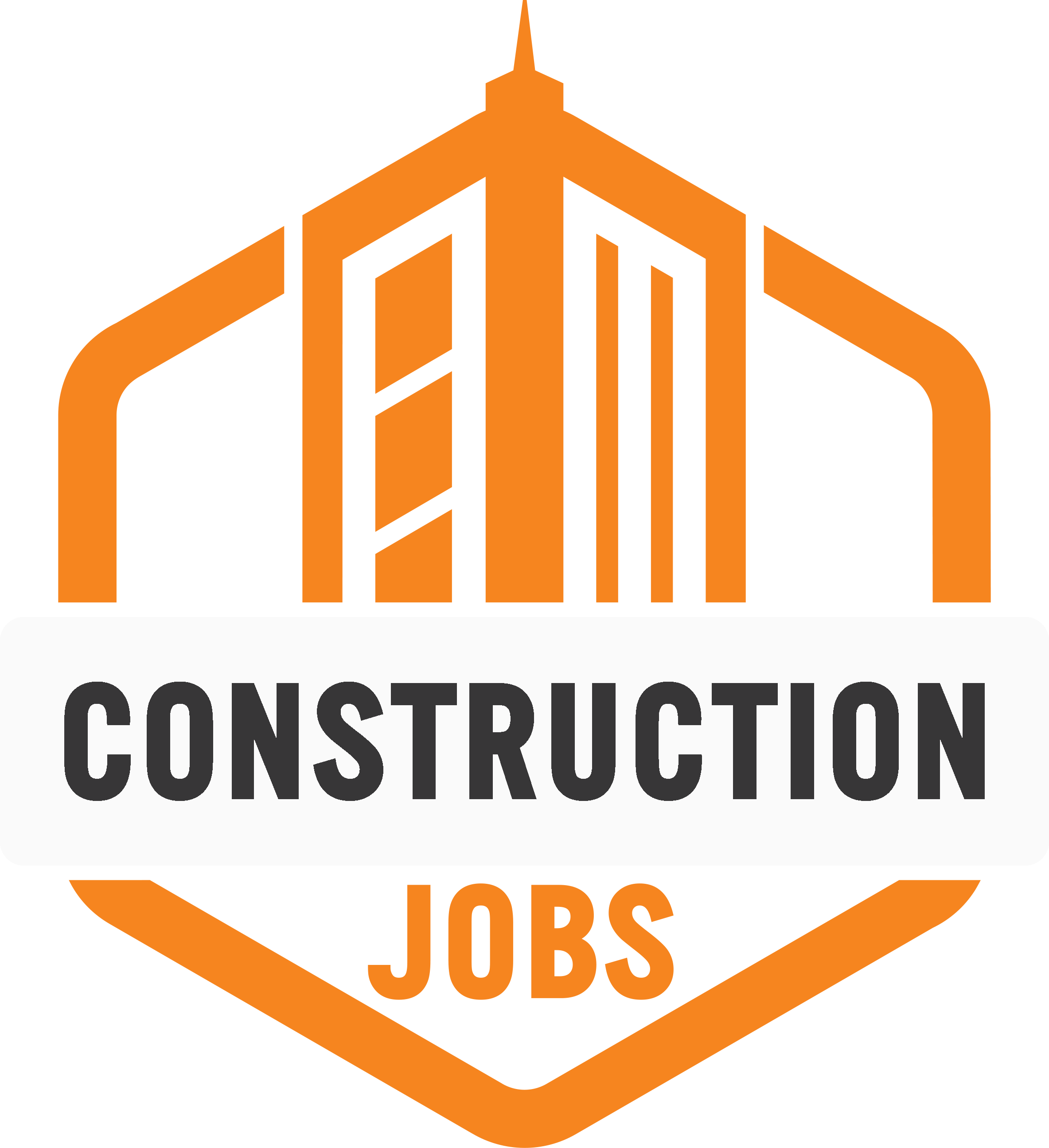Elevating Well-Being in Construction: Preserving Health and Efficiency
While the construction industry has struggled in the last couple of years, the outlook in 2024 and beyond is bright.

While the construction industry has struggled in the last couple of years, the outlook in 2024 and beyond is bright. Investment in energy, transportation, manufacturing, and housing means the construction industry is expected to grow 2.6% in 2024 and 5.3% between 2025 and 2027.
As the industry finds new opportunities, however, it’s important to invest in the most important asset it has — the workers. As a construction worker, you can take steps to care for yourself and your colleagues even as you continue to do physically demanding work every day.
Construction work comes with a lot of health risks to manage. What does well-being look like in this kind of taxing job? Here are some ways you can prioritize your physical and mental health so you can continue to perform at a high level.
You Are What You Eat
It may not always be easy to eat healthy as a construction worker, but it’s essential if you’re going to feel your best all day and avoid the fatigue and brain fog that can lead to poor decision-making.
Someone in a very active, physical job can’t just eat a salad for lunch, though. It’s important to know what your nutrition needs are and plan your meals accordingly. Make sure you’re getting enough calories to support your active lifestyle. You’ll want to prioritize a balance of protein and carbohydrates and drink plenty of water.
Your diet affects everything about your health and energy. Food can even affect whether you have healthy teeth and gums — some foods stain your teeth, while others can damage your enamel. Additionally, dairy can help neutralize damaging acid, and avoiding sugar can help prevent cavities.
Protect Your Mental Health
If you broke your arm and needed to get it set in a cast, you’d do so. You might need to modify your work plan for a few weeks or months in order to allow your arm to heal, and when you were back to 100% you’d move forward with a normal workload.
Unfortunately, we don’t treat mental health the same way as physical health. While no one would hesitate to see a doctor for a broken arm, we rarely get the care we need for a broken spirit. Tough people, like construction workers, can feel like admitting help makes them weak.
Of course, it doesn’t. Mental issues are often a matter of chemical imbalance in the brain or the results of trauma you suffered in the past. It’s not weak to get help — in fact, it takes great courage. Sadly, suicide rates among construction workers are alarmingly high.
If you’re struggling with your mental health, try to view it in the same way as a broken arm. You’ll need professional medical help, you might need to adjust your workload until you find a healthy mental approach, and when you’re doing better, you’ll be back to 100% at work too.
Improve the Efficiency of Work
Construction work often faces tough deadlines, and the ethos can easily become “do more work faster.” However, it’s usually better to find ways to be more efficient rather than simply working harder.
For example, when it comes to driving and construction vehicles, efficiency can improve safety and well-being. Keeping the construction area clean and orderly, having vehicles inspected regularly, and keeping communication clear can make a significant difference.
There may also be ways to automate specific tasks and take advantage of new machines and software in order to address worker shortages. Rather than putting construction workers out of a job, you can use automation and modern tools to ensure crews aren’t overwhelmed and working too much overtime.
When each crew member is able to work normal hours, there’s better work-life balance, less fatigue and hurrying that lead to safety incidents, and better well-being overall.
Consider Your Overall Lifestyle
Your health and well-being are affected both by what you do onsite and what you do at home. Finding healthy ways to relax and unwind is essential, especially since the stress and fatigue that come with the job can make it tempting to turn to unhealthy coping mechanisms like alcohol, substance use, and overeating.
A great first step to improving your lifestyle is to get better sleep. Construction work puts a lot of stress on your body and mind, and good sleep helps you recover.
To give yourself an opportunity to sleep well, create a wind-down routine about an hour before you plan to go to bed. Keep your room dark and avoid having a television or gaming system in your bedroom. You may find it helpful to meditate or listen to sleep stories on a mental health app to slow your mind and allow you to fall asleep.
Another great habit is to drink more water and less soda, alcohol, or energy drinks. Hydration is essential when you have a physical job, and water helps your brain function at its best. Take regular water breaks at work, and consider having a glass of water before you grab a drink after your shift.
Take Care of Your Well-Being
As a construction worker, it’s important to advocate for yourself when it comes to physical and mental health. We all hope employers create a safe, productive environment, but even if they don’t, there are steps you can take to preserve your health.
What you eat, drink, and do outside of work is fully within your control. You can suggest efficiency improvements to the company you work for or simply implement them if it’s within your authority.
Taking care of your well-being will ensure you’re healthy and productive for many years to come. You, your family, and your friends will be glad you did!
- Share This →

